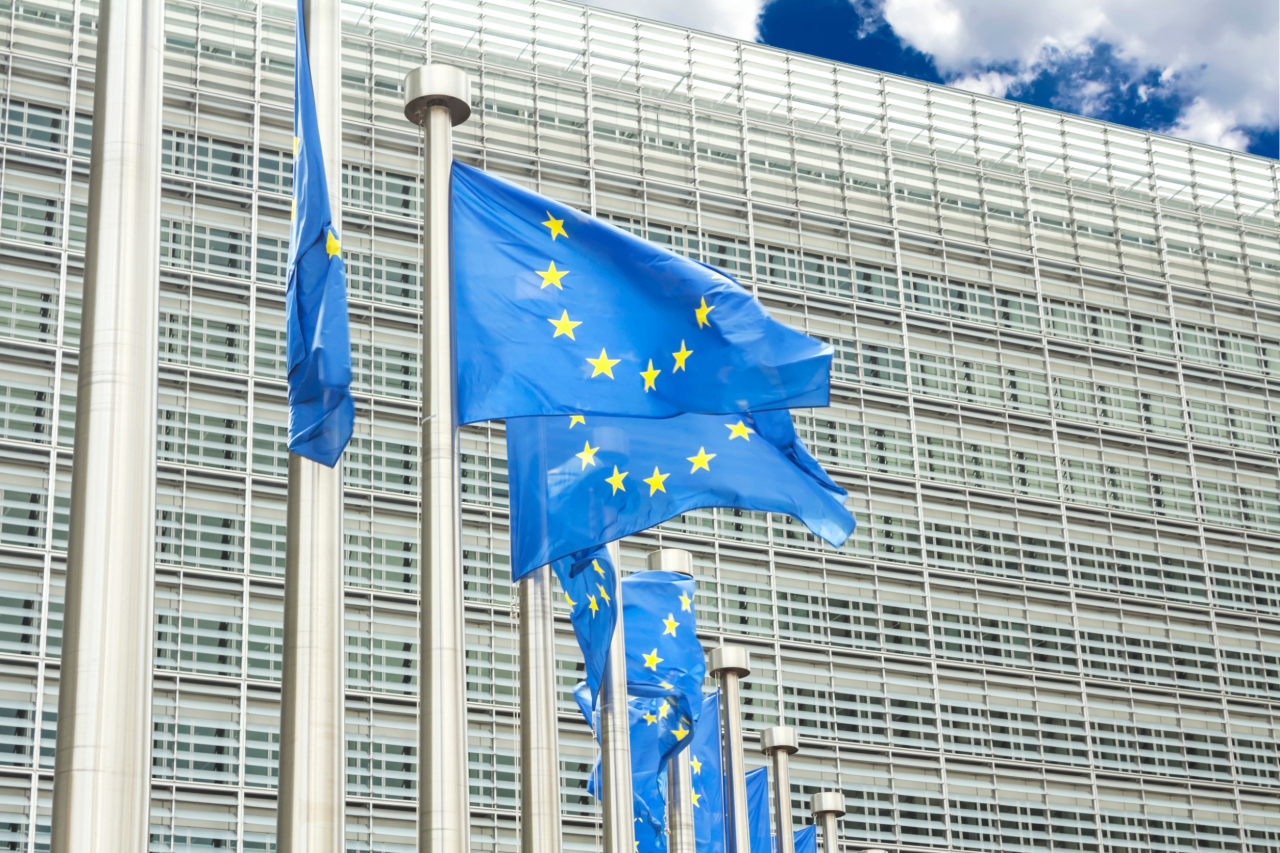Korean auto, battery sectors brace for EU-first act
European Union to unveil Critical Raw Materials Act on Tuesday
By Kan Hyeong-wooPublished : March 10, 2023 - 15:25

South Korean automotive and battery companies are closely monitoring the soon-to-be-unveiled European Union’s Critical Raw Materials Act as the new regulation intends to strengthen the availability of critical raw materials and enhance the regional supply chain.
For Korean businesses, the EU’s CRMA -- set to be made public on Tuesday -- is widely seen as the European version of the US’ Inflation Reduction Act.
The IRA, which was signed into law by the Biden administration in August 2022, has caused concerns for Korean automakers and battery makers as the regulation only gives government subsidies for electric vehicles manufactured in the US and requires a certain proportion of battery parts and materials to be supplied from the US or countries that have signed free trade agreements with Washington.
In a similar fashion, the CRMA is expected to establish guidelines on providing government incentives for local manufacturing businesses and limit subsidies for products that have a low proportion of European raw materials.
“Korean automakers and battery makers are bracing for the impact of the (CRMA). Companies will have to prepare a lot of different measures to cope with the law,” said Kim Pil-su, an automotive engineering professor at Daelim University.
“For smaller businesses, it’s an even bigger problem. It is not a simple task for them to move their factories to Europe. The government should step up and work with them to deal with troubling regulations for Korean firms.”
A Korean automotive industry official told The Korea Herald that the EU’s CRMA is likely to put pressure on carmakers to manufacture more eco-friendly vehicles in Europe.
Pointing to Hyundai Motor Group’s recent growth in exports of hybrid EVs and battery EVs to Europe, the official said the automaker may instead have to increase the production capacity of EVs at its plants in the Czech Republic and Slovakia to meet growing demand there.
Although Korean battery makers -- LG Electronics, Samsung SDI and SK On -- set up manufacturing plants in Europe and have been operating the plants well, the CRMA could pose troubling obstacles for them, as the law is expected to curb the inflow of raw materials from China.
“The essence of the CRMA issue is what the detailed proportion requirements of critical raw materials will look like. If the CRMA turns out to have similar regulations as the IRA, (Korean) battery makers will have to find alternatives for the supply of key materials such as lithium,” a battery industry official said.






![[KH Explains] How should Korea adjust its trade defenses against Chinese EVs?](http://res.heraldm.com/phpwas/restmb_idxmake.php?idx=644&simg=/content/image/2024/04/15/20240415050562_0.jpg&u=20240415144419)












![[Today’s K-pop] Stray Kids to return soon: report](http://res.heraldm.com/phpwas/restmb_idxmake.php?idx=642&simg=/content/image/2024/04/16/20240416050713_0.jpg&u=)